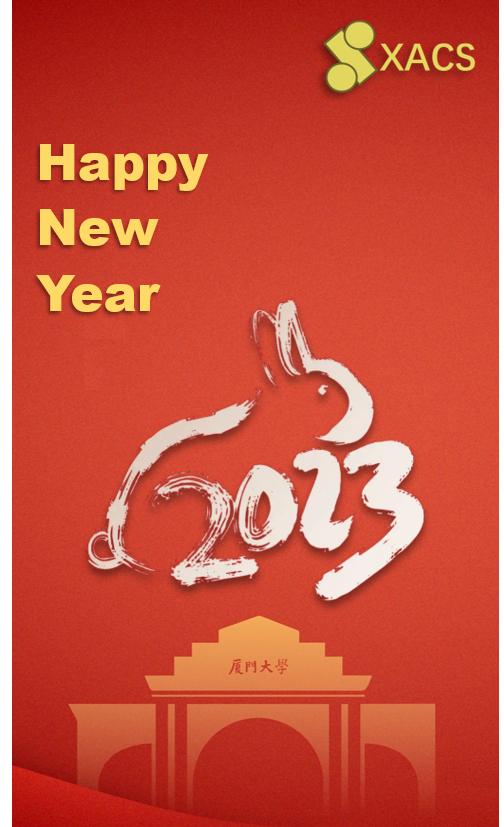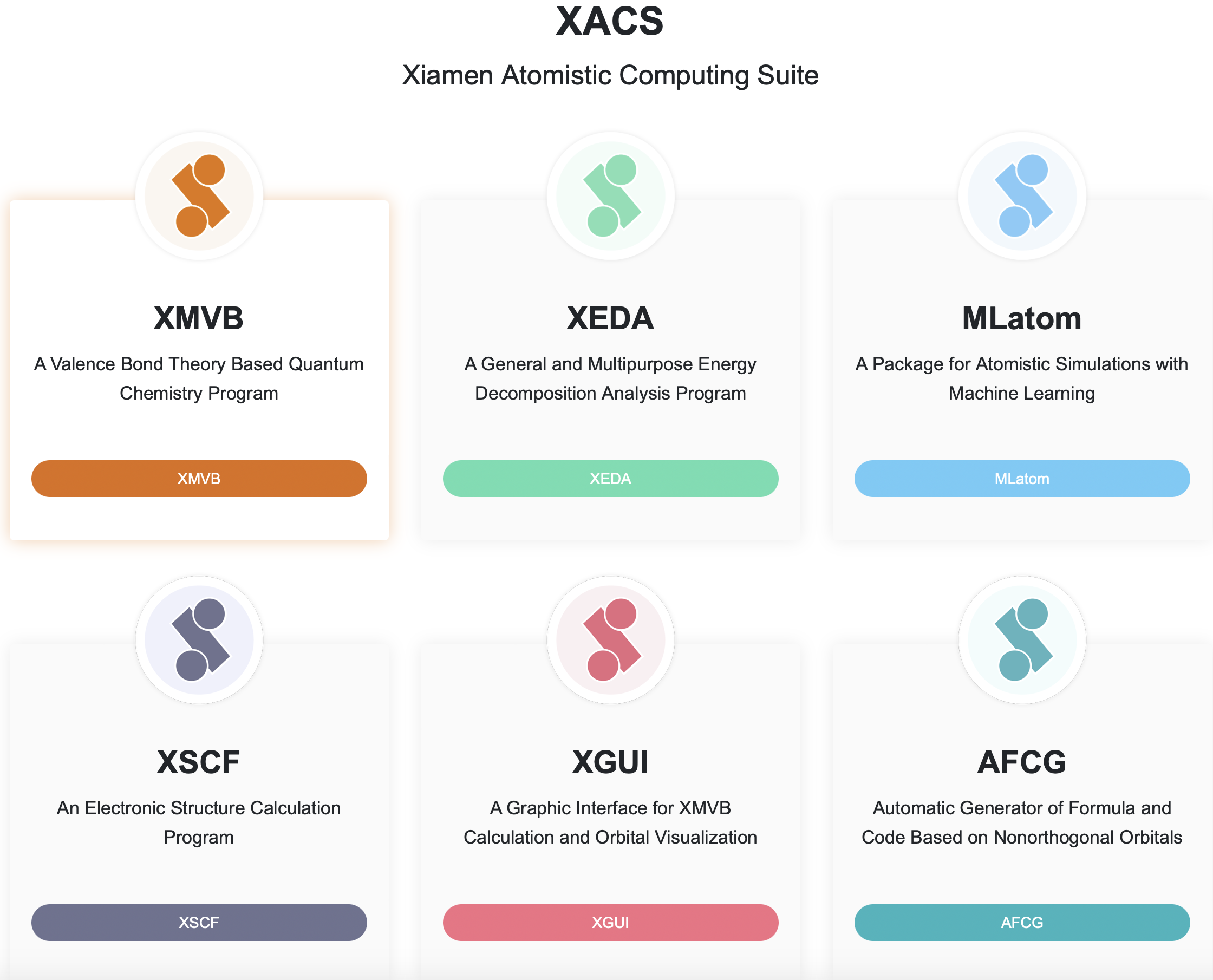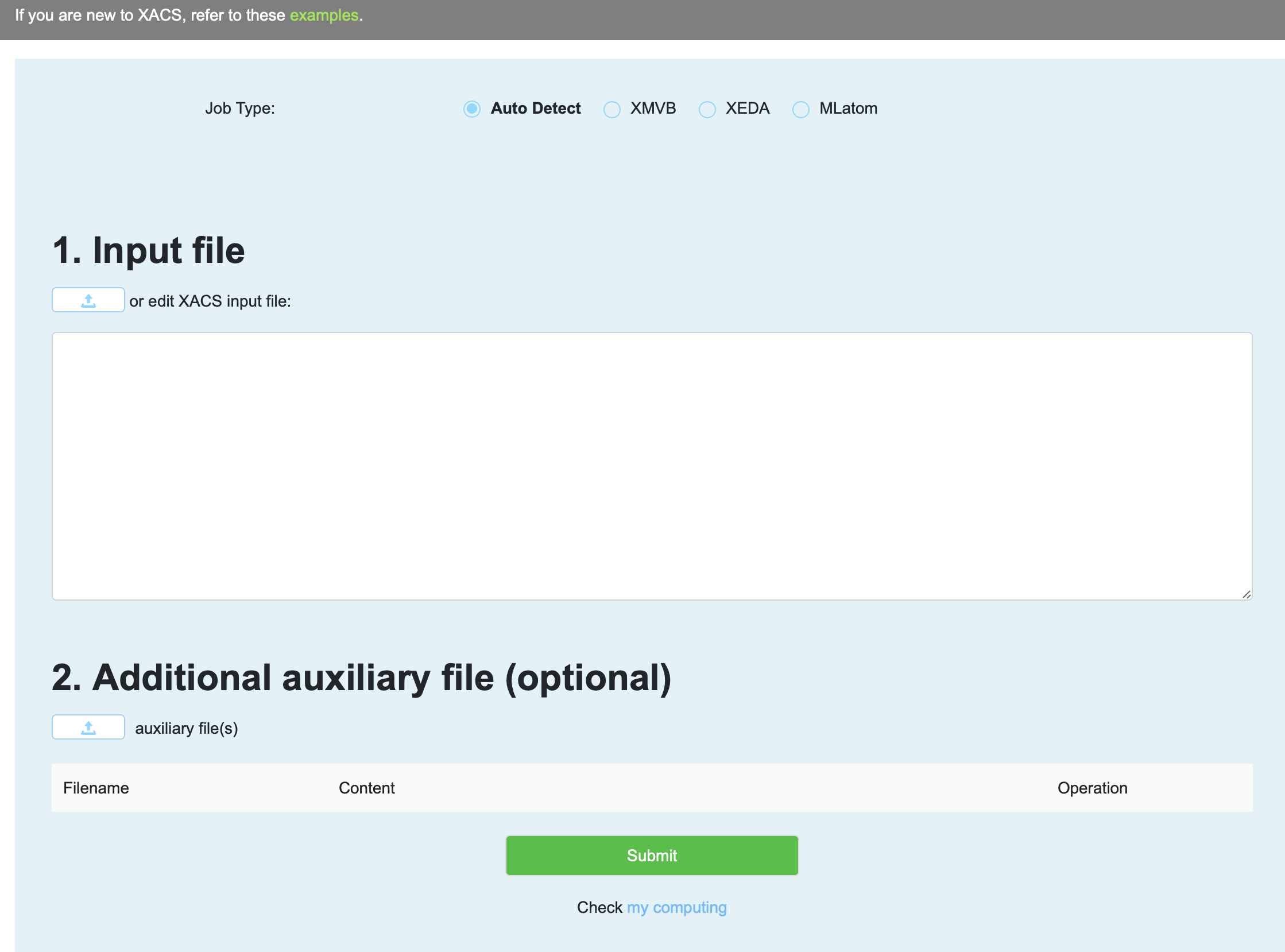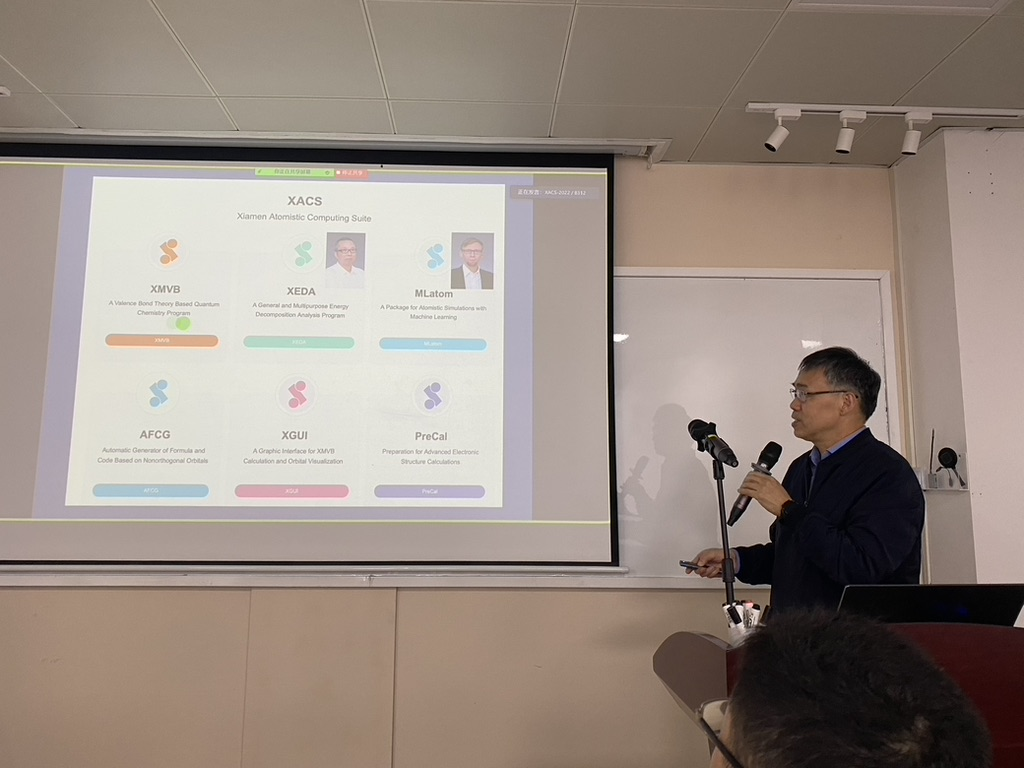XACS wishes Happy New Year 2023! Roundup of 2022.
Published Time: 2022-12-31 23:25:10

2022, the year of the inception of our XACS, is coming to an end. Here is our brief roundup of the first year of XACS.
How has it all started?
XACS came together after we realized that we share common problems and a common vision of how atomistic simulations should be. All three XACS PIs are leaders in developing their unique packages – XMVB, XEDA, and MLatom and we all want to make our latest developments easily accessible for research and education. The simulations should be readily performed via a web browser, in the cloud, to remove the burden on the user to install all the required software and buy expensive hardware. XMVB was a trailblazer for us as it had already a cloud computing platform and we happily joined forces in XACS combining all three packages and other packages developed in our groups.

Cloud computing. Free!
XACS cloud computing is the main feature of XACS. What makes it a great feature is that it was absolutely free in 2022 (and will be in the future under some conditions)! During the year we managed to converge disparate pages of cloud computing of each package into a single cloud computing page that provides the user with a unified input for any type of calculations. The current page is extremely simple but provides all the required functionality for writing program inputs and uploading required files:
http://xacs.xmu.edu.cn/records?attribution_program=XACS

The user has then access to the finished outputs and can browse the history of previous calculations, check the status of the running jobs, and terminate jobs.
Behind the scenes is a huge amount of work into installing all software, maintaining hardware, and optimizing all the job schedulers to allocate more efficiently computing resources. Most of the work on this front is carried out by Xun Chen. Installation of MLatom-related packages in the backend are done by Fuchun Ge.
Growth of individual packages
XACS provides a rife platform for growth of its packages. We are not going to roundup here all of them, but mention some exciting developments in writing our own SCF program (XSCF by Yueyang Zhang) and that we have roundups for some of the packages elsewhere (i.e., for MLatom).
Workshop(s) and Support
XACS packages have tons of features and we provide extensive manuals and tutorials online and also write specific tutorials on new features. Despite all this, we realize that it may be very difficult to overview on your own. Thus, to facilitate a better understanding of XACS capabilities and training of the users, we hold on April 22-24 the first XACS workshop with lectures and hands-on tutorials by founders, our team members, and XACS partners from US – Yirong Mo and Olexandr Isayev. The first XACS workshop represented all three core packages in three sub-workshops. Later, MLatom@XACS cloud computing was also introduced in the CECAM Machine Learning and Quantum Computing for Quantum Molecular Dynamics [MLQCDyn] school (see a tutorial with lectures and exercises).

XACS PI and co-found, Prof. Wei Wu introduced XACS at the inaugural workshop.
The support of the users does not end with workshops. Importantly, old and new users can very quickly get in touch with us and obtain fast and professional help in our Slack workspace: https://join.slack.com/t/xacs-support/shared_invite/zt-1gm1lpn68-pReQhfYGu813eCqwmvdGvA.
Partners & Team
The strength of our packages is in its dedicated team of developers as well as continuing support by our XACS partners. Our developers are mostly our group members, but we have also outside developers represented by groups of our partners. XACS partners are the world's leading specialists in domains of valence bond theory, energy decomposition analysis, machine learning and beyond, who are using and help us to shape XACS packages. We are very honored to count as our parners (in alphabetical order): Mario Barbatti, Benoît Braïda, Phlippe Hilberty, Olexandr Isayev, Yirong Mo, Sason Shaik, Avital Shurki, and Cheng Wang.
See http://xacs.xmu.edu.cn/developer for a full list.
Where are we going in 2023?
In 2023, we are looking forward to upgrading our web interface for cloud computing, improving all the machinery in the backend, and keep developing our packages. One more pre-announcement: we are most likely to organize two XACS workshops, one domestic and another as a part of an international conference. Stay tuned!
Happy New Year 2023!
Sincerely yours,
XACS PIs
Wei Wu
Peifeng Su
Pavlo O. Dral